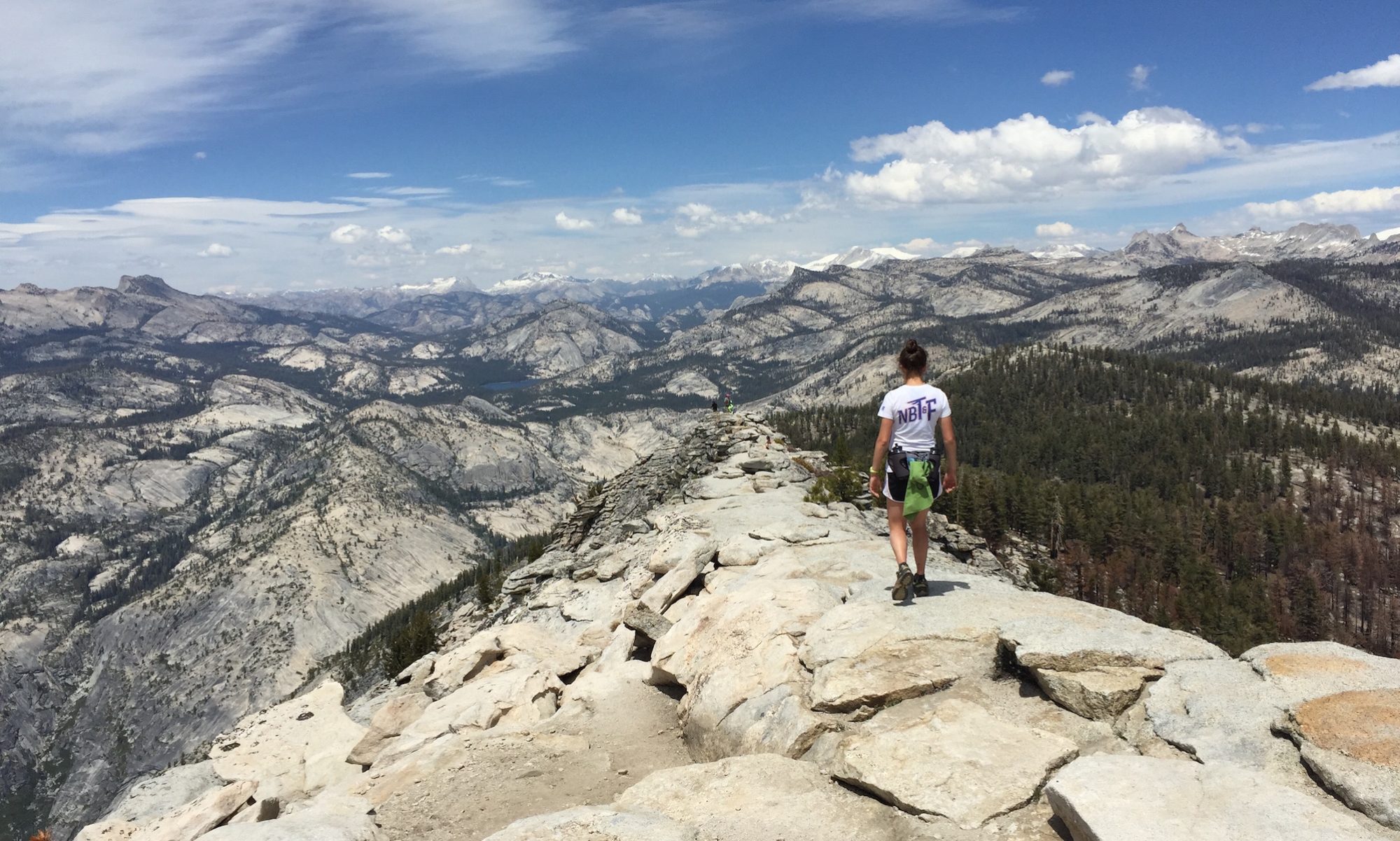It is all here:
“The teacher who thinks “correctly” transmits to the students the beauty of our way of existing in the world as historical beings, capable of intervening in and knowing this world. Historical as we are, our knowledge of the world has historicity. It transmits, in addition, that our knowledge, when newly produced, replaces what before was new but is now old and ready to be surpassed by the coming of a new dawn. Therefore, it is as necessary to be immersed in existing knowledge as it is to be open and capable of producing something that does not yet exist. And these two moments of the epistemological process are accounted for in teaching, learning, and doing research. The one moment, in which knowledge that already exists is taught and learned, and the other, in which the production of what is not yet known is the object of research. Thus, the teaching-learning process, together with the work of research, is essential and an inseparable aspect of the gnostic cycle.”
Paolo Freire — Pedagogy of Freedom, p. 34
I share the widespread admiration of Freire for his indictment of the “banking model” of education (deposit knowledge in empty vessels), his commitment to literacy as a vehicle for enlightenment (reading the word to read the world), and his insistence on the integral connection between teaching and learning (the former needs the latter). I am captivated by his exposition via aphorisms that compel and provoke engagement: “There is no such thing as teaching without research and research without teaching.” And, “as I teach, I continue to search and re-search.”
Coming at Critical Pedagogy from historical contexts where the connections between education, creativity and political change were fiercely contested I imagine Alexander Bogdanov talking to Freire about the creation of a proletarian culture that would be free of the oppressive ideology and antiquated forms of the bourgeois heritage the Bolsheviks admired (as a hallmark of civilization) and sought to supplant. In Freire’s summons to action I hear echos of emancipatory projects committed to enhancing human dignity that stretch back to the Enlightenment and far beyond.
But for me, Freire’s acknowledgement of our historicity, our existence as historical beings – with all of the powers and limitations that implies is what makes his theory so complete – so all-encompassing – integrating both what is and what will be: “it is as necessary to be immersed in existing knowledge as it is to be open and capable of producing something that does not yet exist.” Here I find support for Paul Gee’s ideas about the challenges of educating for the future as well as Seymour Papert’s insistence that students become the subjects rather than the objects of education. And in this pithy assessment of the integral relationship between research, teaching and learning I find a succinct and absolutely convincing validation of the university mission:
“The one moment, in which knowledge that already exists is taught and learned, and the other, in which the production of what is not yet known is the object of research.”
It is all there. You can’t separate out the teaching from the learning from the researching. They work together as part of a whole.

Very interesting idea. We need to find the breakthrough idea based on the existing knowledge. The bank mode is still useful, and at the meantime, critical thinking for the existing knowledge can help students more creative. Student should be subject for the education but not the object, although we could be the object of some teaching experiment.
Thank you for your comment, George. For me, Freire is less about the “breakthough” and more about transformation. He enjoined his followers not to “import” his ideas but to reinvent them. He realized that context (the existing state of affairs) was essential, contingent, and historical. My hunch (and hope) is that in the coming years the “banking model” will fall to the wayside. I do agree that students should be the subjects of their education — even, or rather especially, if experimentation is involved.